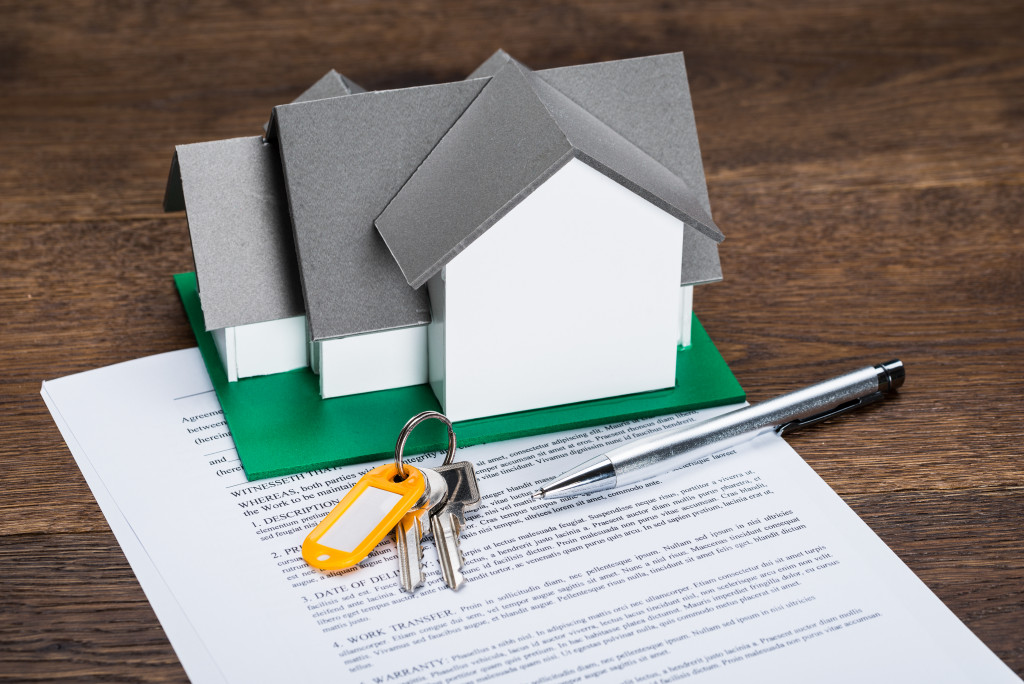A house is one of the most expensive things we’ll buy in our lifetime. It costs a lot that some people opt out of owning one altogether, settling on rentals their whole lives. But when you decide to buy a house finally, financial advisors will applaud you; why not, when you’re putting your hard-earned money in an asset?
But seasoned investors, including the famous Richard Kiosaki, author of Rich Dad, Poor Dad, have a contrasting standpoint on the matter. If you visit the Rich Dad website, you’ll see “Your House is an Asset” listed among what Kiosaki calls “Rich Dad Scams.”
Kristy Shen and Bryce Leung, authors of the book Quit Like a Millionaire, share Kiosaki’s opinion as well. As such, should you call your house an asset, then? Should you even bother buying one? What if the real estate for sale in a prime location provides everything you need?
By all means, no one is forcing you to skip buying a home if it isn’t an asset. Shelter is a basic need, and whether we want to own one is totally up to us. But if your goal is to build wealth, then your dear abode may not be the best tool for that.
What Makes a House a Liability

According to the U.S. Census Bureau, the average American family stays in a home for nine years. They would also dedicate the bulk of their income to their home, believing that their dwelling is an investment that constantly increases value.
Indeed, a home’s value historically increases at the rate of inflation. But if it were to grow at the same rate as the stock market (6% annually, on average), then a $400,000 home will cost $676,000 after over nine years. It sounds like a huge profit when you sell, but in truth, you’re barely earning returns.
Why? Because owning a home costs money way over the purchase price. Buying, maintenance, bills, insurances, etc., all cost money. And if you’re getting a mortgage, the bank owns the home until you’ve built enough equity from it.
A house being a liability is also the reason millennials are putting home-buying plans in the back burner. When the housing crashed in 2008, the oldest millennials were coming of age, and though the housing market has already recovered since the millennials still preferred renting over buying a home. The reason was they were burdened with hefty student loan debts.
Therefore, if you’re living in the home that you claim to be an investment, note that it isn’t likely to provide you with high returns while you are dwelling in it. But you can turn it into an asset, and that’s when it will become a genuine investment.
Turning Your Home into an Asset
Have you heard about some people buying houses but never living in it? It would initially sound absurd, but that’s a genius strategy to make a home an asset.
You can earn rental income by offering your property to tenants. If moving out won’t be an option, then you can rent out just one room in your home. Perhaps a college student from another state could use some lodging throughout the semester.
If you’re paying a mortgage, you may be able to borrow against your home’s equity. Home equity is a homeowner’s interest in a home. It’s the portion of your abode that you’ve already paid for. For example, if you purchased a $500,000 home and made a 20% down payment, your equity interest is 20% of your home’s value.
Considering that, the earlier you pay off your mortgage, the easier it will be to make money off your home. Ultimately, the key is to use your money wisely, so you can buy properties that can be a stable income source.
